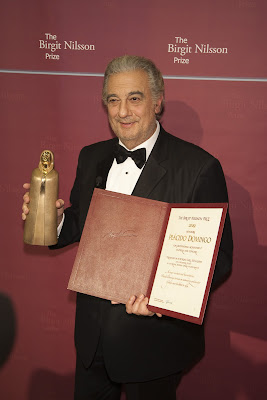AAAAAAAAaaahahaaaargh meharties. Or since the official
talk like a pirate day isn't until the 19th, I'll put it this way: What is the true relevance, please kindly, of the copyright faff to classical music, because if we're right, classical is going to be the worst-off of all musics when the smoke clears unless we pull ourselves together. This is a terribly long post, for which I apologise, but I can guarantee to put some hackles up by the end.
The commercial and creative sectors are drawing up jaggedy battle lines against the universe and its computer, and the most recent players to land on the board aren't really helping. The big internet providers have said that
piracy isn't their problem, and claim that it is only perpetrated by a minority anyway. The evergreen Stephen Fry, speaking recently at the iTunes festival, spoke/ranted for the best part of an hour at the Roundhouse, in protest against 'Draconian' measures for file-sharers, in a we-might-do-a-bit-of-downloading-when-we're-poor-but-we're-all quite-nice-folk-anyway-marvelous-fabulous-who-will-support-the-
industry-when-we-have-more-money sort of thing.
In pop and the genres in which Stephen Fry shifts units, this is a very tempting argument.
We interviewed classical composer Eleanor Alberga yesterday, and wanted her take on it, but the words died somewhat on my lips as I tried to outline both sides of the argument as it relates to classical music.
Three-hundred years ago, around the time when copyright was first set down in the Statute of Anne, Handel's tunes were mercilessly filched for use in ballad operas. Speaking in the 12 September issue of
Classical Music, L'avventura's Zak Ozmo said: 'Handel's opera
Poro was performed 16 times in the 18th century, but various tunes fron it were performed hundreds of times every year through ballad opera'. Did Handel seethe at the missed income? Did it give him so much exposure that he didn't care? Can't that be a decent model for our times? It is extremely easy to write pastiche of any composer for a film/tv soundtrack; it happens all the time, and doesn't make any money for the composer being copied. Can there be a model that allows material to be used freely if it means more popularity/commissions?
Whatever the answer we sure as hell need a model that works quickly, because if the pirates win their cause, classical is going to be first down the plank. Here is how I know this:
I spoke to Christian Engstrom of the Swedish pirate party just before the European elections, and he saw the essential conflict as being between the enforcement of copyright law and human rights - basically, if you're going to effectively prosecute file-sharers it means all sorts of invasive monitoring of emails etc, which violates human rights. It's still illegal to open someone else's snail mail, by the way. They promote a copyright term of 5 years. They won over 7% of the Swedish vote, which means one, maybe two seats in the European parliament.
All well and good, but since we are, like, a classical music magazine, this is how the next bit of the interview went, before we lost it and started shouting at him.
So, ideally, anyone could organise a performance of a six-year-old work and perform it in whatever way they wished withough paying the composer anything?Yes.
Do you think that classical composers would be able to earn a living under this system?I think most classical composers aren't able to earn a living under the present system anyway. They will have to adapt their business model, that is what it is like being an entrepreneur, running a company, which is in effect what most cultural work is. If you can't make a profit from it, unfortunately you have to do something else. It is called a market economy and that is the way it is.
 The commercial potential of a classical work lasts for much longer than five years after composition. If the Swedish Royal Opera mounts Einstein on the Beach, which Philip Glass, now a professional composer, wrote while driving a taxi to support himself in the seventies, should he not get his dues now?
The commercial potential of a classical work lasts for much longer than five years after composition. If the Swedish Royal Opera mounts Einstein on the Beach, which Philip Glass, now a professional composer, wrote while driving a taxi to support himself in the seventies, should he not get his dues now? If you can't support yourself by whatever you do, you have to do it in another way. There may be a small number of classical composers who would lose money from this reform, but it is no counter argument against safeguarding the civil liberties of our society.





















.jpg)